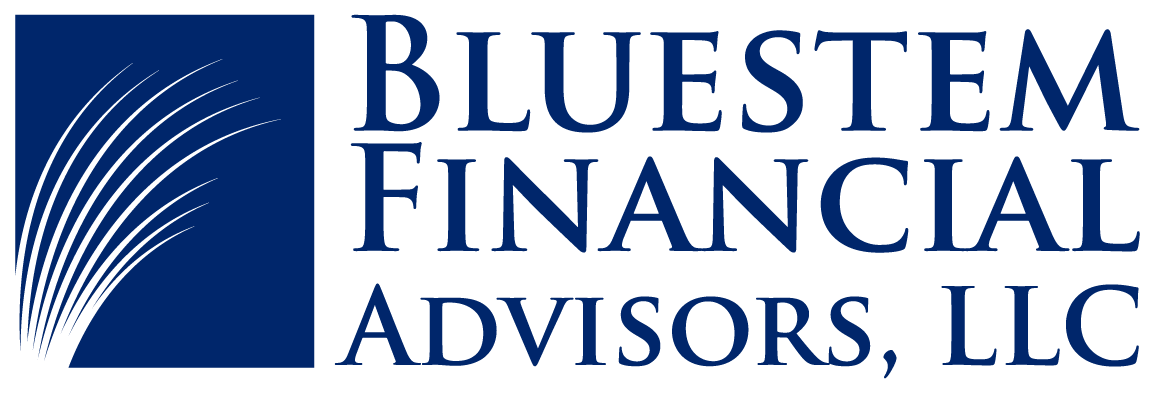What are they?
Trump accounts are a type of IRA for minors which allows for tax-deferred investments. Basically, a child-focused IRA that’s designed to encourage early savings for retirement.
When are they available?
They can be set up and funded after July 4, 2026.
Who qualifies?
U.S. citizens under age 18 with a valid Social Security number. Parents, guardians, and family can establish these accounts on behalf of the child.
How does one make contributions?
You will open the account through a custodian which offers them. Examples of custodians likely to offer them would be Charles Schwab, Fidelity, Vanguard, etc. If you are working with a financial advisor, they could assist as well.
Annual contribution limit: $5,000 per child, to be indexed with inflation.
The child does NOT need earned income to receive contributions (this is different than an IRA or ROTH IRA).
Contributions are not deductible, by parents or kids.
Contributions must be made in taxable year — there is no retroactive ability to contribute to the “prior year” up to the tax return due date like with IRAs and ROTH IRAs.
Employers may contribute up to $2,500 per year to a Trump account on behalf of an employee’s child without it being treated as income to the employee.
The government will provide a one-time “seed” amount of $1,000 to Trump accounts for children born between Jan 1, 2025 and Dec 31, 2028.
How are investments handled?
Investment growth inside the account is tax-deferred until distribution. During the “growth period” (before the account beneficiary turns 18), funds must be invested in certain eligible low-cost index funds or ETFs. Money market funds are not eligible investments.
How do distributions work?
Once the beneficiary reaches age 18, Trump accounts are treated like traditional IRAs for tax purposes. Distributions are generally taxable as income and early withdrawal penalties can apply. Distributions are prohibited until age 18, except for a rollover or the death of the beneficiary.
Most contributions will result in “basis” and can be distributed tax free. This is because no tax deduction is allowed on contributions so these can later be withdrawn without tax. Government contributions, employer contributions and growth, however, will be taxed.
How do these accounts compare to a 529 account?
529 accounts would be a preferable form to save for higher education given that distributions, if used for qualified expenses, would not be subject to income tax at all. Trump account distributions, if used for college, would be subject to income tax, even if they could be used penalty-free for college after age 18.
How do these accounts compare to a UTMA account?
UTMAs do not necessarily grow tax free, which is a disadvantage compared to Trump accounts. During growth, dividends, interest, capital gain distributions, as well as gain from any investment changes would be taxable. However, UTMAs would have capital gain treatment on sale at distribution rather than the ordinary treatment of Trump account income. Depending on the beneficiary’s tax situation this may be preferable.
UTMAs would also not be subject to penalty if the funds need to be used for purposes like a vehicle purchase or wedding. Distributions from a Trump account for these uses would be subject to tax AND penalties.
What is Bluestem’s take?
These accounts have merit, and might be recommended for some and not others:
Anyone with a child born in 2025-2028 should take advantage of the free $1,000 “seed” amount.
For those with kids and plenty of disposable income, who are already maximizing other tax deferred contributions like 401k, 403b, ROTH IRA, HSA amounts, etc., and are already on track saving for college for their kids (if desired) should consider funding these accounts to their maximum.
For those who are not taking advantage of their employer match, not on track for retirement, not on track for college savings, or otherwise short of cash or liquid funds to make contributions should think carefully before directing resources to a Trump account.
Trump accounts are a good vehicle to save for a child’s retirement, but saving for college, a home purchase, vehicle purchase, wedding, etc. would best occur with a 529 plan or UTMA. Therefore, which type of account to choose would be driven by the expected usage of the funds.













